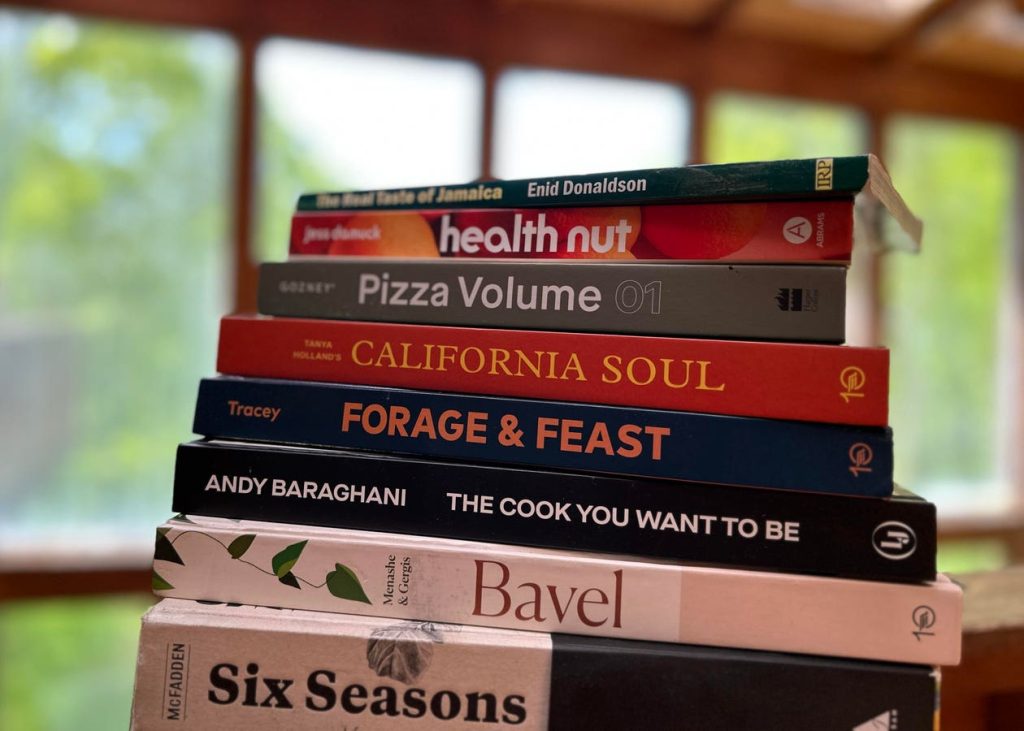The integration of artificial intelligence into the culinary world is revolutionizing the way we cook, from recipe generation to smart appliances. AI recipe generators can whip up a recipe in seconds, utilizing large databases of ingredients and culinary knowledge to create new dishes quickly. However, concerns around plagiarism and compensation arise as AI systems are trained on copyrighted materials without permission. Despite this, AI can empower home cooks to learn high-end cooking techniques through clear and concise instructions, and smart appliances like GE’s Smart Mixer can elevate cooking precision.
Cookbooks still hold a unique place in the culinary world, offering readers more than just recipes but also stories that resonate on a personal level. While AI can mimic emotions and recognize emotional cues, it lacks the soul and impact that human authors bring to their recipes. Cookbook authors like Joanne Molinaro infuse their recipes with lived experiences and personal tales, fostering a genuine connection with readers. Despite AI’s capabilities, it has yet to replicate the deeply profound bond found in many cookbooks.
Restaurant operators are beginning to embrace technology, including AI, to streamline operations and enhance the customer experience. AI technologies such as Winnow and Bluecart can help reduce waste, optimize inventory management, and suggest menu adjustments based on inventory levels. While AI can revolutionize kitchen operations, successful implementation requires a commitment to change and adaptability. As the impact of AI in the kitchen continues to grow, open dialogue is essential to finding a balance that respects the contributions of both humans and machines.
While AI may have the ability to create recipes quickly and effectively, issues around copyright infringement and compensation arise. Cookbook authors like Sue Quinn have expressed concerns over tech companies using their work without permission or compensation. AI’s advancements in teaching cooking techniques and creating smart appliances offer convenience and precision in the kitchen, but the human connection and storytelling found in traditional cookbooks cannot be replicated by AI.
As the culinary world continues to evolve with the integration of AI, industry professionals and creatives are calling for transparency and ethical guidelines around the use of intellectual property. Despite AI’s capabilities, it cannot capture the emotional depth and human connection found in traditional cookbooks. The growing integration of AI in restaurants and kitchens presents both challenges and opportunities, requiring a delicate balance between innovation and tradition. As we navigate this new culinary frontier, open dialogue and collaboration will be key in ensuring that AI enhances, rather than replaces, the stories and traditions in our kitchens.


